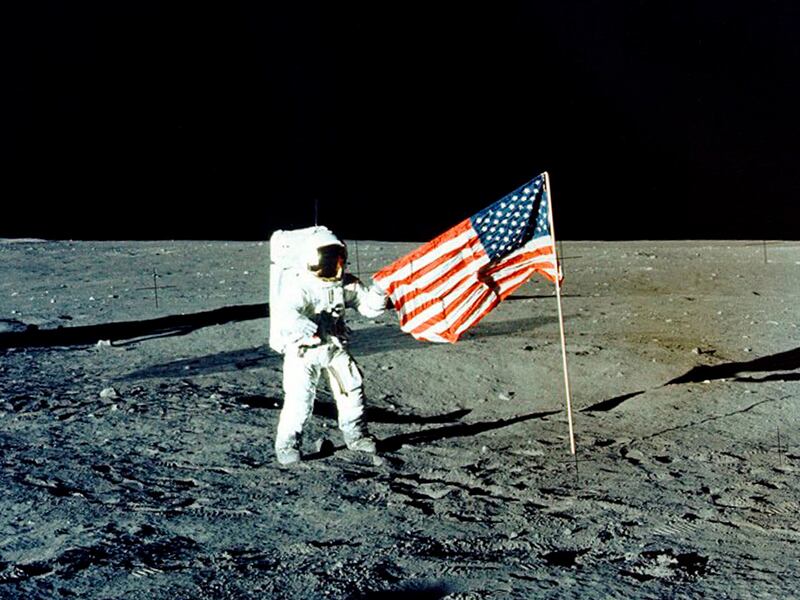This week marks the 51st anniversary of the first walk of astronauts on the surface of the moon. By congressional resolution, July 16–24 is known as the Apollo Space Observance (the anniversary of the Apollo 11 moon mission, from launch date to splashdown). July 20, the date of the first moonwalk, is known as Space Exploration Day and is an emerging, new holiday.
Space exploration benefits humanity in many areas, including zero-gravity manufacturing, space tourism and mining, aerospace technological spinoffs and astronomy.
The manufacturing of special condition products in zero-G or microgravity benefits any process where convection currents would otherwise be a problem. Some serums and vaccines are difficult to produce on earth, making them extremely expensive for the public. Despite space transportation costs, they can be mass-produced cheaply in zero gravity aboard a space station, making them of higher quality and more affordable to the public.
At present, space tourism is highly expensive ($200,000 a seat for a sub-orbital flight). That transportation cost can be reduced to $15,000 per seat for an orbital flight, using emerging new commercial Scramjet technology. The technology required to make this lower-cost space transportation possible involves engines powered by magneto-electrodynamics, and an emerging new radio frequency-ion containment fusion power. With the proper national commitment, we could have commercial space liners in five years.
With the price of the trip to earth orbit decreasing, the trip from earth orbit to the moon will also be at a lower cost — much less than the cost of climbing out of earth’s gravity well. Right now, the only practical mining on the moon would be for hydrogen 3, to be used in producing fusion power. With much lower space transportation costs, lunar and asteroid mining possibilities will come into play worth trillions of dollars. An underground metals deposit was recently found on the moon, five times larger than the Big Island of Hawaii. Asteroids are rich in nickel, iron ores and many other metals, including some that are rare on earth.
Setting up automated mining and a supporting lunar settlement will be necessary to support lunar industries. Using lunar resources, these settlements can in large measure be self-supporting. Successful lunar activity will make a Mars settlement possible — within a reasonable cost, as well.
Development of new aerospace technologies, to support space exploration, has a long history of spurring new private sector industries and millions of reasonable income jobs. If it wasn’t for advancement in the space program, we wouldn’t have personal computers and the internet would have been limited to the military. It is recognized that substantial advancements in electronics have been made since the days of Project Apollo. I once heard a retired U.S. senator from Utah say that the benefits of space technology are worth 15 times the cost of the space program.
Arguments against progress in space, due to world poverty conditions, are basically either-or paradox-style propaganda. In reality, the world has sufficient resources to make great progress in both areas.
The study of the universe, planets, moons, asteroids and comets help us better understand our place in the universe. Appreciation of these vast wonders contribute to recognizing the hand of the Lord in all things. Elder John A. Widtsoe taught in 1926, “Whoever teaches that any part of the Universe is not for the benefit of man is in error.”
We do have much to be thankful for.
J. David Baxter is the president of the Utah Space Association, a chapter of the National Space Society.

